In the digital age, healthcare is undergoing a powerful transformation. Traditional one-size-fits-all approaches are giving way to AI powered personalized health, a new frontier where technology meets individual well-being. This revolutionary model uses artificial intelligence to create customized wellness and treatment plans based on your genetics, habits, environment, and medical history.
From predictive diagnostics to customized nutrition, AI-driven tools are changing how we think about health—making care more proactive, efficient, and tailored than ever before.
🔍 What is AI‑Powered Personalized Health?
At its core, AI-powered personalized health refers to using artificial intelligence systems to analyze personal health data and create tailored solutions. It goes far beyond wearable step counters or calorie trackers. These systems collect data from sources like:
- Genetic testing
- Electronic health records
- Wearables (e.g., smartwatches, fitness bands)
- Lifestyle tracking (nutrition, sleep, stress, etc.)
The AI then uses this data to identify risks, recommend interventions, and even predict illnesses before symptoms arise.
🧬 How It Works: Behind the Algorithms
Artificial intelligence thrives on data. The more detailed and diverse your health information, the more accurate its insights become. Here’s how AI personalizes your health:
- Data Collection
Devices like the Apple Watch, Fitbit, Oura Ring, and smart scales monitor metrics like heart rate, sleep quality, oxygen levels, activity, and more. Apps can track mood, nutrition, menstrual cycles, and medication. - AI Analysis & Pattern Recognition
The AI compares your personal health data against large databases and clinical research. It identifies patterns—like poor sleep linked to blood sugar spikes or inflammation markers related to diet. - Customized Recommendations
The system offers lifestyle tweaks, supplement suggestions, or alerts to see a doctor—based entirely on your unique physiology. - Continuous Learning
AI systems improve over time. The more data they gather, the smarter and more predictive they become, adjusting recommendations accordingly.
🌟 Real-World Applications
✅ 1. Personalized Nutrition & Fitness
Platforms like Noom, ZOE, and InsideTracker use AI to provide customized dietary plans based on your microbiome, blood markers, or metabolism.
Fitness apps like Freeletics or Fitbod adjust workout plans based on your recovery time, performance trends, and even weather conditions.
✅ 2. Mental Health Monitoring
AI-driven platforms like Wysa and Woebot offer chat-based emotional support. These systems use natural language processing to detect distress signals and guide users toward healthier thought patterns.
✅ 3. Chronic Disease Management
For patients with diabetes or heart conditions, AI apps like Livongo and Omada Health provide real-time blood sugar tracking and coaching, preventing costly complications.
✅ 4. Early Disease Prediction
AI models are being used to detect diseases like cancer or Alzheimer’s years before symptoms show, using data from blood tests, retina scans, or voice patterns.
✅ 5. Telemedicine Integration
With platforms like Babylon Health or HealthTap, AI helps triage symptoms and connect users to virtual doctors. This ensures faster, cost-effective care.
🔑 Key Benefits of AI‑Driven Personalization
- Prevention Over Cure
Rather than reacting to illness, AI helps you prevent it by identifying health risks in advance. - Efficiency in Healthcare
Doctors can save time and improve accuracy by integrating AI suggestions into patient care. - 24/7 Health Companion
Unlike doctors with limited hours, AI assistants are always on—monitoring, reminding, and adjusting in real-time. - Empowerment Through Knowledge
Users gain insights into how their bodies respond to food, stress, exercise, and more, leading to informed lifestyle decisions.
⚠️ Challenges & Ethical Concerns
Despite the excitement, there are valid concerns:
- Data Privacy: With sensitive health data involved, securing user information is critical. Encryption, consent, and data protection laws must evolve alongside the tech.
- Algorithm Bias: AI systems can reflect bias if trained on non-diverse data sets, potentially leading to inaccurate suggestions for minority populations.
- Overreliance on Technology: AI should complement medical professionals, not replace them. Misdiagnosis or delay in care can occur if tech is trusted blindly.
🌐 The Future of AI in Health
Looking ahead, the integration of AI into everyday wellness will only grow. Here’s what’s next:
- Voice AI in healthcare (like Amazon Alexa’s HIPAA-compliant tools)
- Digital twins: AI models that simulate your body’s systems to test treatments virtually
- Integration with genomics and microbiome science
- AI-enabled longevity coaching and preventive gene therapies
Even hospitals and clinics are increasingly adopting AI to streamline diagnostics, manage patient flow, and optimize outcomes.
✅ How to Start Using AI‑Powered Health Tools
You don’t need to be a tech wizard to get started. Here’s a beginner’s checklist:
- Invest in a health wearable (Apple Watch, Fitbit, Garmin, etc.)
- Use AI‑based fitness/nutrition apps (MyFitnessPal, Freeletics, ZOE)
- Track your sleep and stress using smart rings or phone apps like Sleep Cycle
- Try AI mental wellness tools like Wysa or MindDoc
- Talk to your doctor about integrating AI health reports into your care
🧾 Final Thoughts
AI-powered personalized health is reshaping the future of wellness—offering you a smarter, proactive way to stay healthy. Instead of generic diets or treatments, imagine a world where every recommendation is precisely tailored to your body.
While we must tread carefully with privacy and data ethics, there’s no denying that the personalization revolution is here—and it’s powered by AI.
Now is the time to embrace the blend of human insight and machine intelligence to live longer, healthier, and more informed lives.
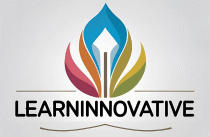
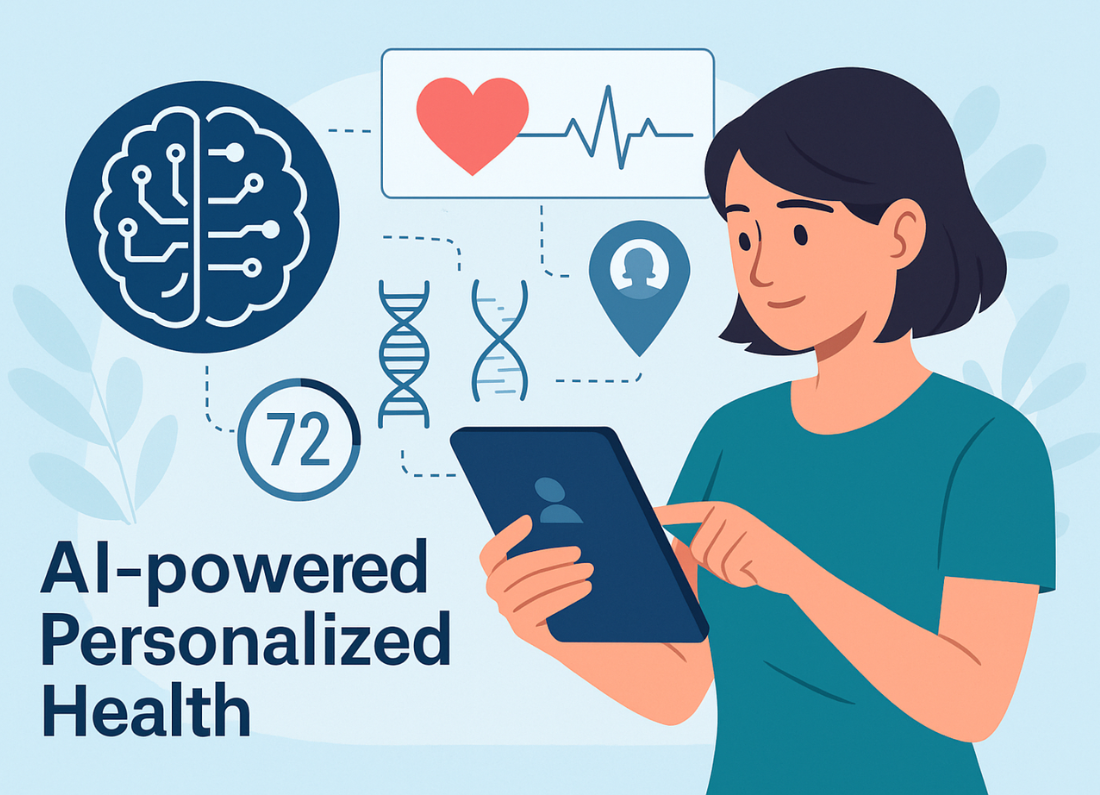

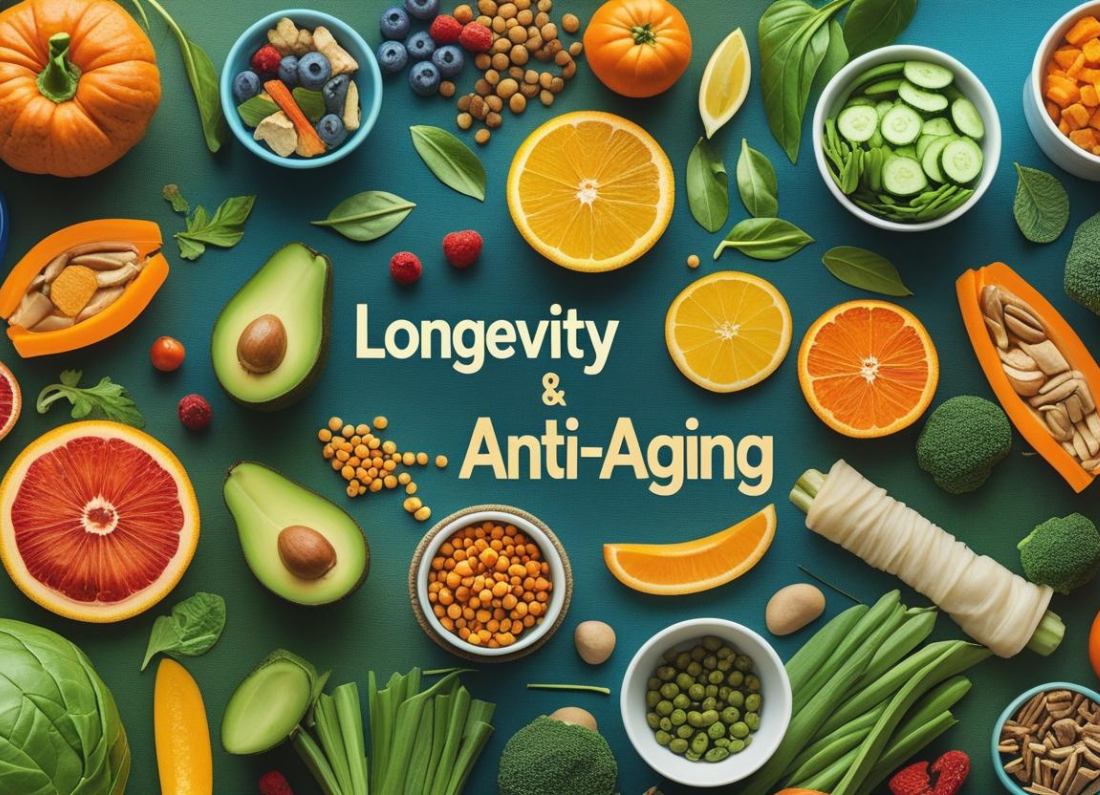
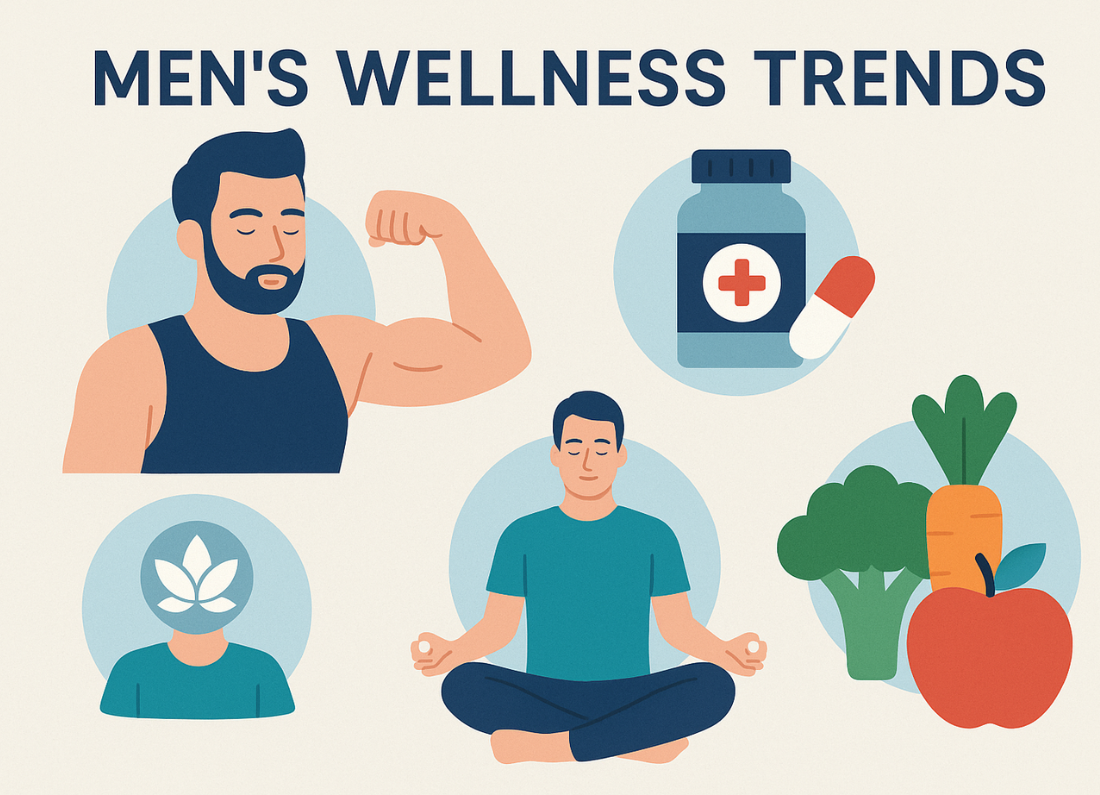
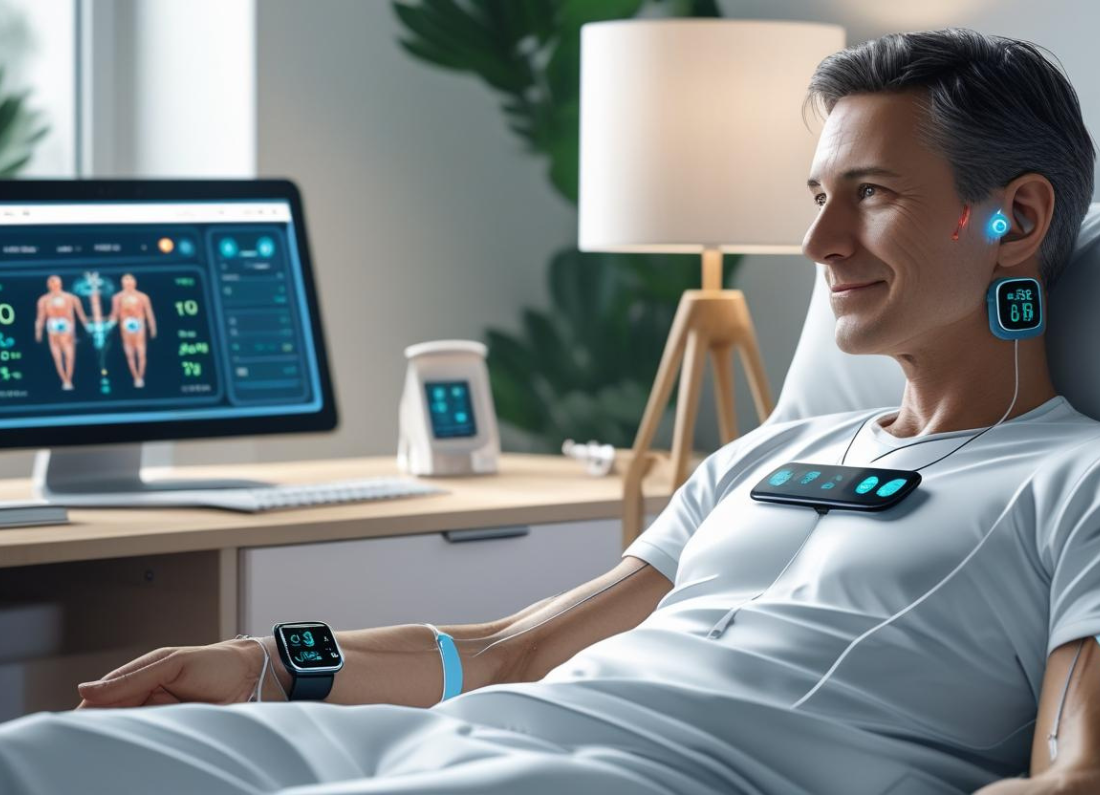
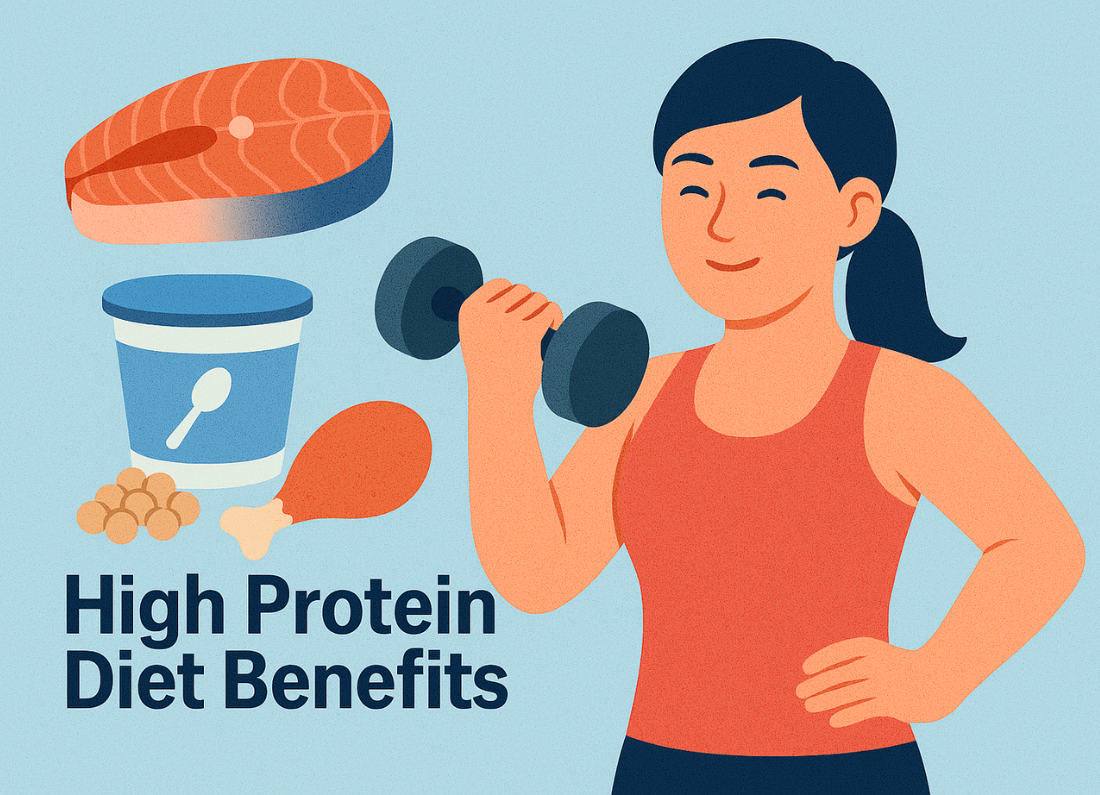
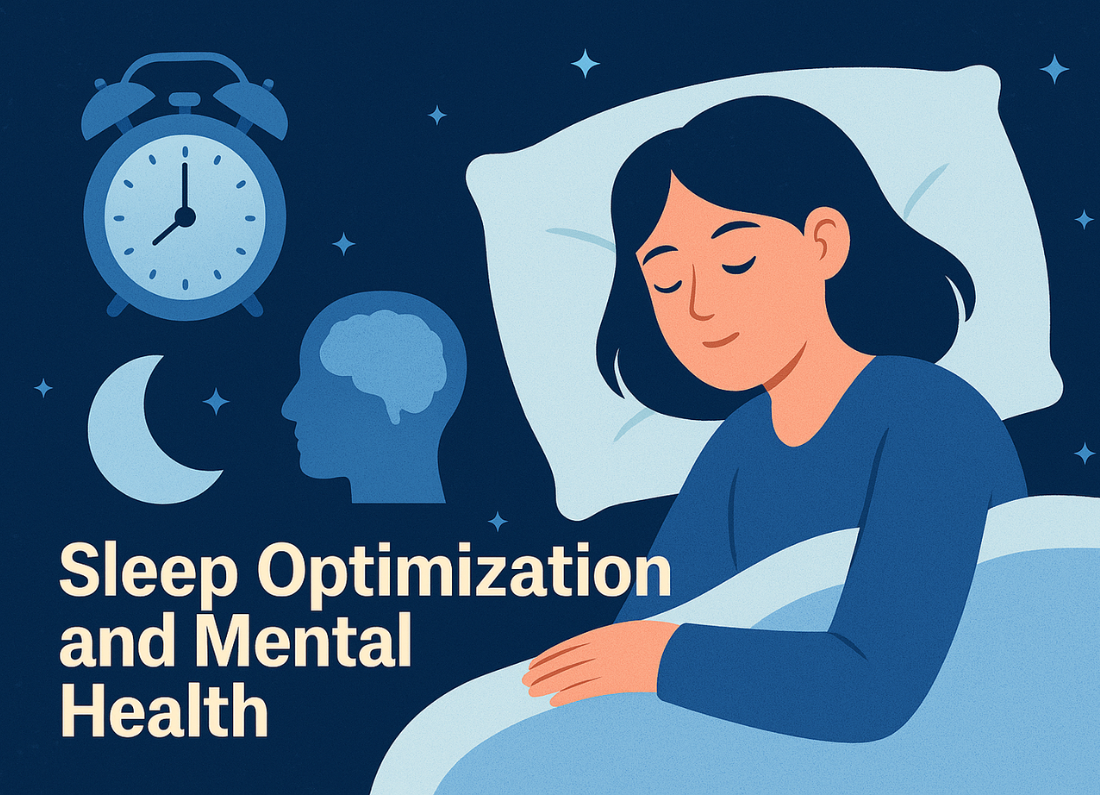

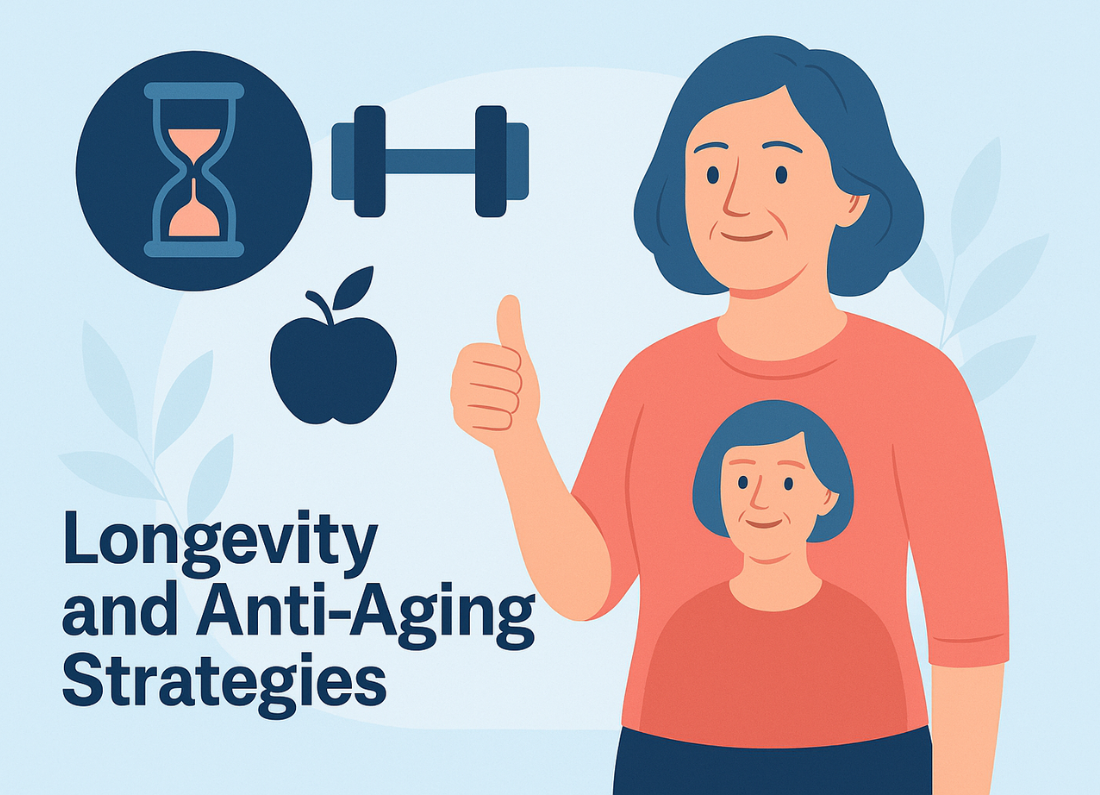
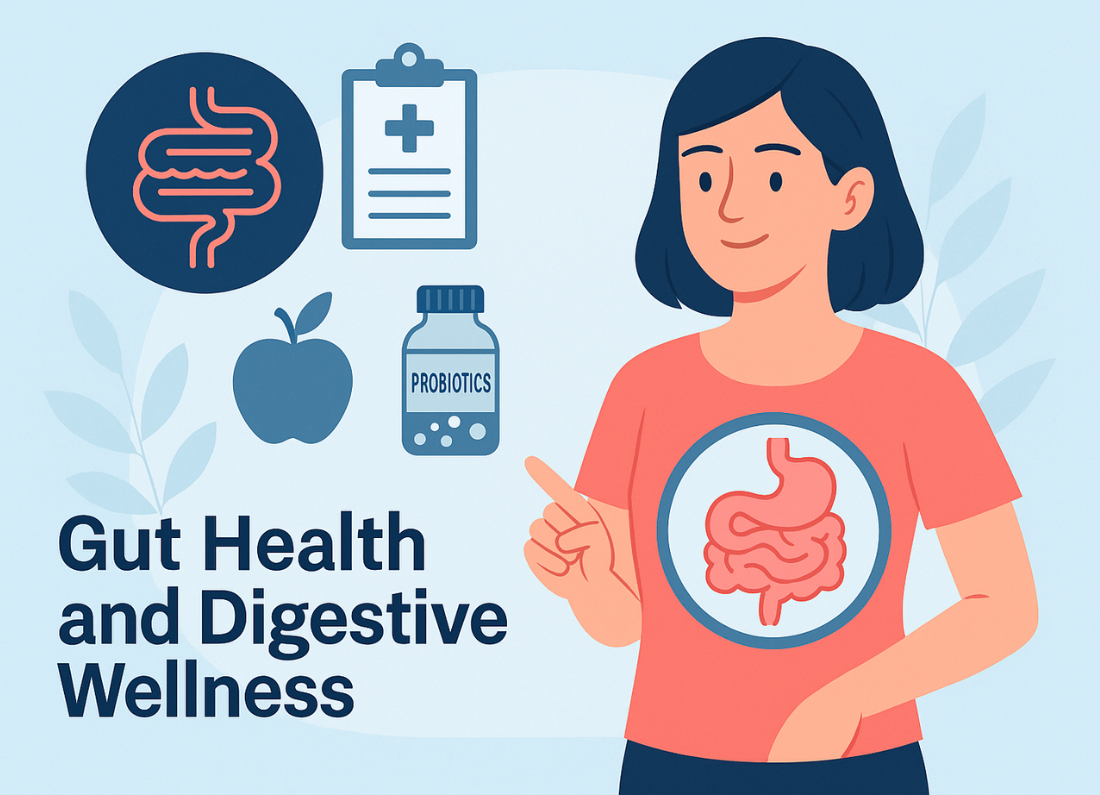




Leave a Reply